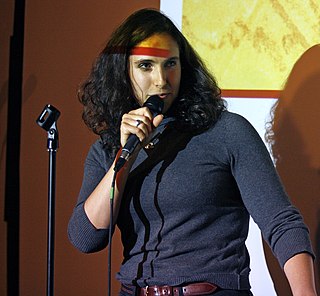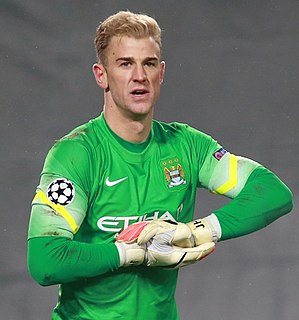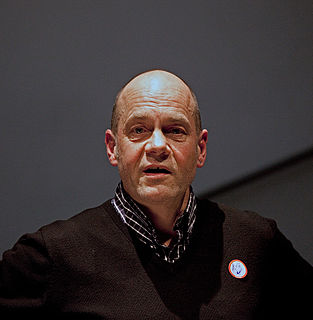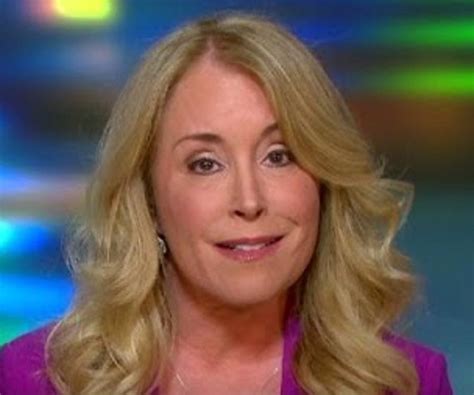A Quote by Charles de Lint
Well, while I didn't have the more extreme experiences of some of my characters, I didn't exactly come from the most normal of households. Or rather, it was normal, in that dysfunctional families appear to be the norm.
Quote Topics
Related Quotes
The real hopeless victims of mental illness are to be found among those who appear to be most normal. Many of them are normal because they are so well adjusted to our mode of existence, because their human voice has been silenced so early in their lives that they do not even struggle or suffer or develop symptoms as the neurotic does. They are normal not in what may be called the absolute sense of the word; they are normal only in relation to a profoundly abnormal society.
Extended families have never been the norm in America; the highest figure for extended-family households ever recorded in Americanhistory is 20 percent. Contrary to the popular myth that industrialization destroyed "traditional" extended families, this high point occurred between 1850 and 1885, during the most intensive period of early industrialization. Many of these extended families, and most "producing" families of the time, depended on the labor of children; they were held together by dire necessity and sometimes by brute force.
What do you think it is to be normal?' Why in the world would you want to be?' she says. I don't know. I guess that's the problem.' I don't think normal is that great.' But so many people choose it,' I reply. I don't think that's it at all. I think most everyone is normal and some of us, for whatever reason, choose to reject that and wear ruby red slippers or old black hats.' Well, why do we choose the hard road?
A while ago I said that, 'You know, I like a guy - he doesn't have to be all rich and famous - he can be normal.' And I remember I was walking in the mall, and this guy was like, 'Tyra, I'm normal. I live with my mama. I ain't got a car and I ain't got a job! I'm real normal.' And I'm like, 'That's not normal - that's a loser!'
The idea was to focus on the primal drama of parenthood: the way from moment to moment you swing from comforter to tormentor, just as kids simultaneously light up our lives and drive us nuts. I was trying to capture that strange, bipolar quality of parenthood. For all that being a parent is normal statistically, it's not normal psychologically. It produces some of the most extreme emotions you'll ever have.




































